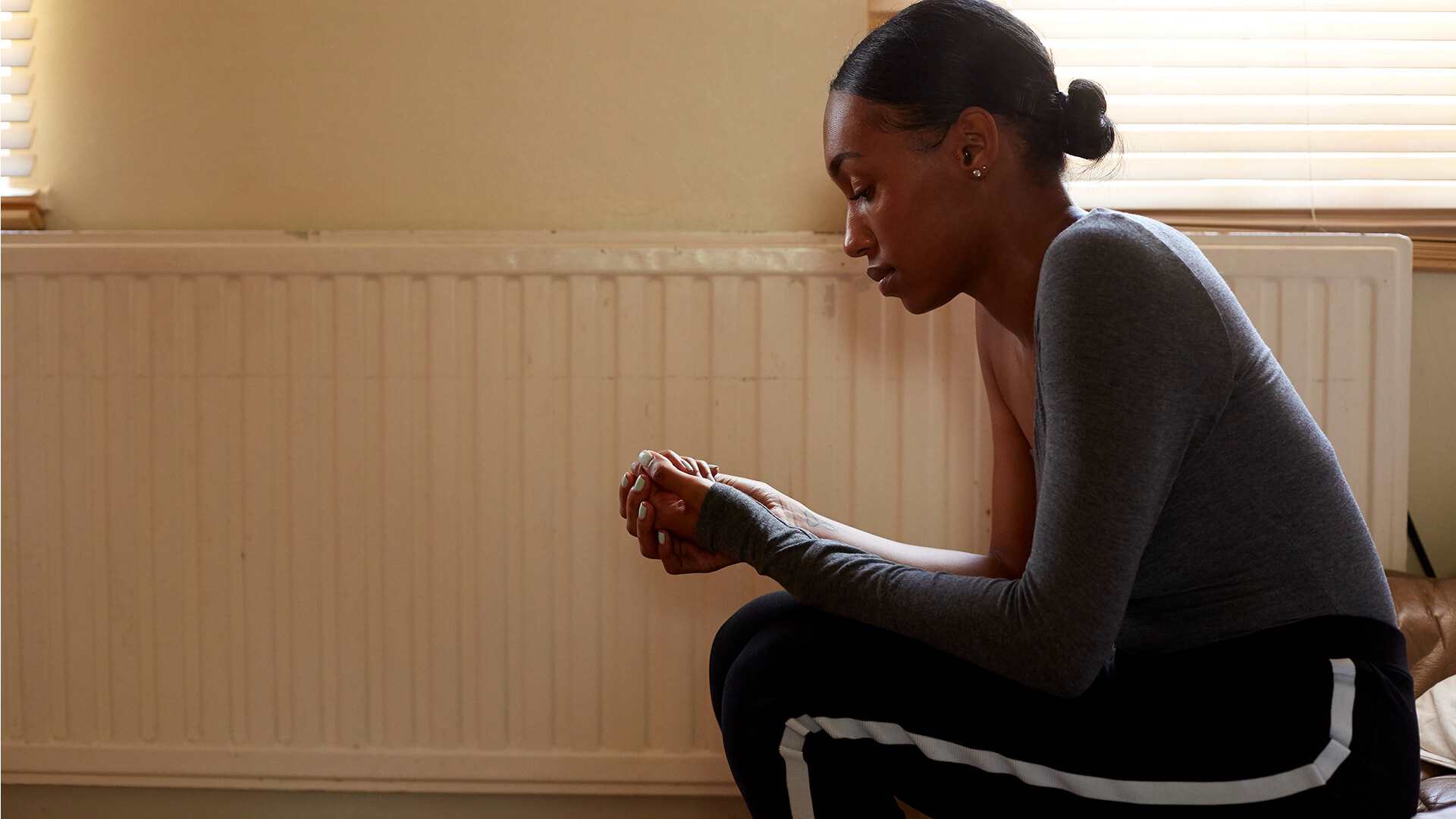What is anorexia nervosa?

Anorexia is an eating disorder where you worry about your weight, want to lose weight and eat less and less food. It's a serious condition, but with the right help, you can recover and take back your life.
If things feel out of control, restricting what you eat could be a way of feeling more in charge. But this feeling does not last - restricting your food intake is not a long-term solution.
Girls are ten times more likely than boys to develop anorexia, but eating disorders are becoming more common among males.
The symptoms of anorexia
The symptoms of anorexia nervosa are both physical and mental.
Feelings and behaviours:
- eating less and less
- exercising too much
- thinking a lot about calories
- feeling panicky about eating in front or others or having a big meal
- feeling fat even though people tell you you're too thin
- obsession with body image and comparing your body to others
- losing interest in things
- low mood and irritability
Physical changes:
- losing lots of weight quickly
- periods stopping or being unable to have an erection
- feeling cold all the time
- growing new downy hair on your body
- poor sleep and concentration
- constipation
Just because you experience one or more of these symptoms, it doesn’t mean you’re definitely affected by anorexia nervosa. It’s important to talk to your GP to get a full diagnosis.
What to do about anorexia

Take the first step – Anorexia can happen to anyone. It can be very difficult to accept that you have a problem, but it's the first step to getting better.
If you think you are affected by anorexia nervosa, talk to someone you like and trust, like a teacher, relative, counsellor or friend.
You should also see your GP. They may offer to refer you to Child and Adolescent Mental Health Services (CAMHS), an expert or a psychiatrist who can help you.
Treating anorexia
Treatment usually begins by assessing how much anorexia is affecting your physical health. If your weight is very low, you may be admitted to hospital to get your strength back up.
Your treatment could involve counselling, group and family therapy, working with a dietician, and support from a mental health team to help you gradually return to healthy eating habits.
You'll be supported to make sure you're getting enough to eat and learn what your healthy weight should be. You may also be offered medication.
More help and advice
We have information and advice on a range of subjects
Get help now
Where to get help
See below for a list of organisations and helpline services that have information to support you.
-
Beat
Offers information and support for anybody affected by eating disorders.
One-to-one web chat available.
Enter your postcode in the HelpFinder to see what eating disorder support is available in your area.
Information on helpline accessibility and confidentiality available here.
- Opening times:
- 365 days a year - weekdays (9am - 8pm); weekends (4pm - 8pm)
-
Talk ED
Talk ED is the new name for Anorexia and Bulimia Care. Talk ED offers support to anyone affected by eating disorders.
Talk ED also has real stories, blogs and advice from young people with lived experience.
You can book a 1:1 support call here to speak to someone if you're struggling with an eating disorder or if you're worried about someone else via phone, video call, or online chat.
- Opening times:
- 10am - 5pm, Monday - Friday
-
Youth Access
Provides information about local counselling and advice services for young people aged 12-25.
You can find local services on their website.
-
The Mix
Offers support to anyone under 25 about anything that’s troubling them.
Email support available via their online contact form.
Free 1-2-1 webchat service available.
Free short-term counselling service available.
- Opening times:
- 3pm - 12am, seven days a week





